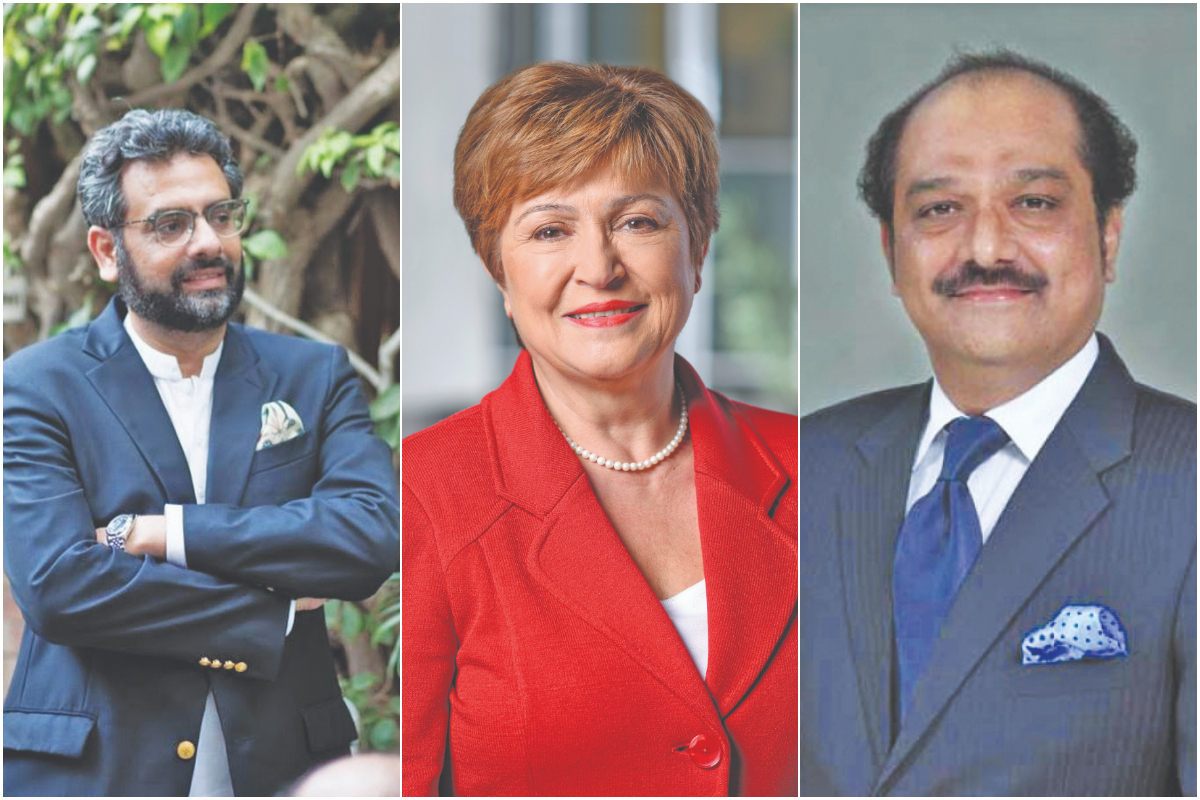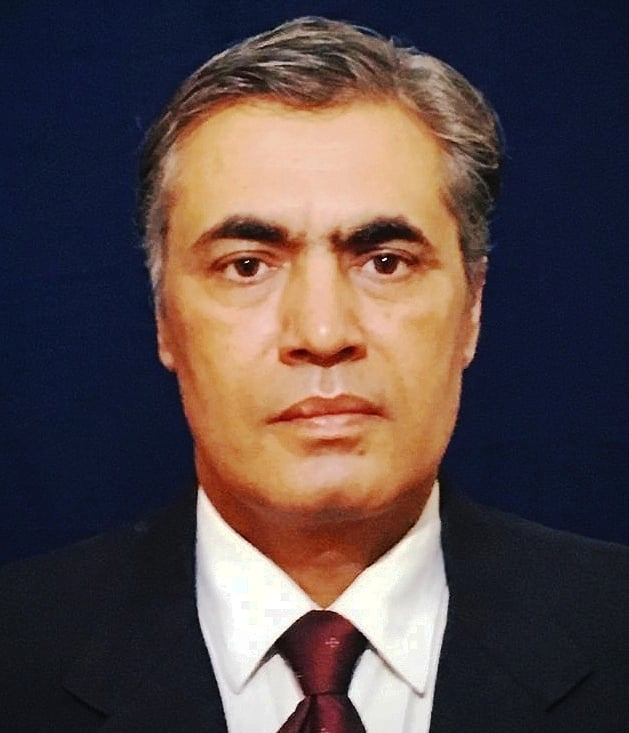
An Easy Way Out!
Govt generating additional revenues by imposing new taxes on masses
KARACHI: The Pakistan Democratic Movement’s (PDM) coalition government led by the Pakistan Muslim League (PML-N) has chosen an easy way out of the economic crises by generating additional revenues through imposition of new taxes worth Rs170 billion on the masses.
The people, who were already feeling the brunt of high prices of energy, are now taking a fresh jolt of the consumption tax.
The ruling party increased the sales tax from 17 per cent to 18 per cent in its recently introduced mini-budget. Ironically, Finance Minister Ishaq Dar, who presented the mini-budget on February 15, 2023, said that the new revenue measures would not affect the poor segment.
At the same time, while presenting the Supplementary Finance Bill, he said: “The government has proposed to increase the general sales tax on the import of luxury items from the existing 17 per cent to 25 per cent, while the overall GST has been increased from the existing 17 per cent to 18 per cent.”
The sales tax is a consumption tax and it is being levied on every item, which the consumer buys. In Pakistan, the federal government has a mandate to collect sales tax on goods, while the provincial governments have been tasked to collect sales tax on services. After the application of the sales tax at 18 per cent, everything will become costlier.
Yusuf Rahman, an analyst at KTrade Research, said that the government aimed at raising Rs170 billion through the mini-budget.
“It [the government] aims at raising Rs65 billion through the increase in the sales tax, which will contribute towards inflationary pressure.”
Reportedly, the government has taken such harsh revenue measures at the behest of the International Monetary Fund (IMF) for the resumption of the loan programme under the Extended Fund Facility (EFF). However, IMF Managing Director Kristalina Georgieva in a recent media talk denied that the IMF had demanded any such measures from Pakistan.
“What we are asking for are the steps that Pakistan needs to take to be able to function as a country and not to get into a dangerous place, where its debt needs to be restructured,” she said in an interview with a foreign media.
She stressed on increasing the revenues by taxing those who are “making good money” and ensuring a fair distribution system.
“We are emphasising on two things: number one tax revenues, those who can, those that are making good money, public sector, private sector, they need to contribute to the economy. And secondly, to have a fairer distribution of the pressures by moving subsidies only towards the people who really need them. It should not be that the wealthy benefit from subsidies. It should be the poor to benefit from them,” Georgieva said.
Economists have strongly criticised the government for burdening the poor masses instead of reducing the expenditures incurring on the army of ministers and advisers.
Muzzammil Aslam, a spokesman for the Pakistan Tehreek-e-Insaf (PTI) on finance and revenue, agreed with the IMF chief and said that her statement showed the gap between the fund and the authorities.
He strongly criticised Finance Minister Ishaq Dar and said he is a master of levying taxes on soft targets such as additional sales tax, withholding tax and additional duties.
“The government should impose tax on non-taxpayers. But it imposed a huge burden through the mini-budget on those who were already paying taxes,” he added
For Aslam, the economy was in great danger due to wrong policies of the PDM government.
“Previously, they [the PDM government] imposed a ban on the imports, which resulted in huge pile up of containers at the ports and the shortage of raw materials for the industrial sector,” he added.
Now, after the presentation of the mini-budget, it has created further panic by unplanned imposition of taxes.
Khurram Schehzad, a leading economist and chief executive officer (CEO) of Alpha Beta Core, an investment advisory firm, said that it would be better to reduce the number of ministers below 30.
According to him, there is still no hard decisions at all, not even realisation, but mostly optics and few fillers, whereas we need hard decisions, which are big in scale, enough to create a fiscal space of at least Rs1 trillion, rather than easy ones like raising sales tax, energy and petroleum prices, which need stroke of a pen of a section officer.
“The decisions should include shutting state-owned enterprises (SOEs) (at least some of the total 212), taxing the retail sector (2.5 million stores), taxing the agriculture and real estate and all those non-taxed who do travelling, hoteling, golfing, having large properties and paying no taxes, reducing the military expenditures, civilian running expenses of the government, which eats Rs600 billion annually, closing down ministries that collide with the provinces, closing markets strictly at 6:00pm with penalties and actions, taxing pensions, large ones, say ones exceeding Rs1,200,000 annually, taxing bureaucrats, judges and generals alike, while removing their perks and privileges, among many other such decisions.”
Rehan Hassan Jafri, president of the Karachi Tax Bar Association (KTBA) said that the enhancement of sales tax through a statutory regulatory order (SRO) was illegal, as it was issued a day before the presentation of the mini-budget in the Parliament.
Further, the amendments to the tax rates have to be applicable from the day of assent given by the president after approval of the Supplementary Finance Bill from both houses.
According to the KTBA president, the Federal Board of Revenue (FBR) collects sales tax on both domestic supplies and imported goods.
“The increase in the sales tax rate will increase the prices of both domestic items, as well as imported ones,” he said, adding that all packaged commodities are subject to the levy of sales tax. However, the basic commodities and items sold without packaging are exempted from the sales tax. Therefore, the daily use items, including wheat, rice, milk, pulses and meat will remain exempted from the consumption tax, he added.
Prior to the imposition of the sales tax, the inflation rose 38 per cent on a year-on-year (YoY) basis by the week ended February 16, 2023.
Many analysts are unanimous that the levy of sales tax would further inflate the prices significantly.
COMMENTS

What we are asking for are the steps that Pakistan needs to take to be able to function as a country and not to get into a dangerous place, where its debt needs to be restructured
Kristalina Georgieva
IMF managing director

The government should impose taxes on non-taxpayers. But it imposed a huge burden through the mini-budget on those who were already paying taxes
Muzzammil Aslam
PTI spokesman

The enhancement of sales tax through a SRO was illegal, as it was issued a day before the presentation of the mini-budget in the Parliament
Rehan Hassan Jafri
KTBA president
Catch all the Economic Pulse News, Breaking News Event and Latest News Updates on The BOL News
Download The BOL News App to get the Daily News Update & Live News.








 Read the complete story text.
Read the complete story text. Listen to audio of the story.
Listen to audio of the story.